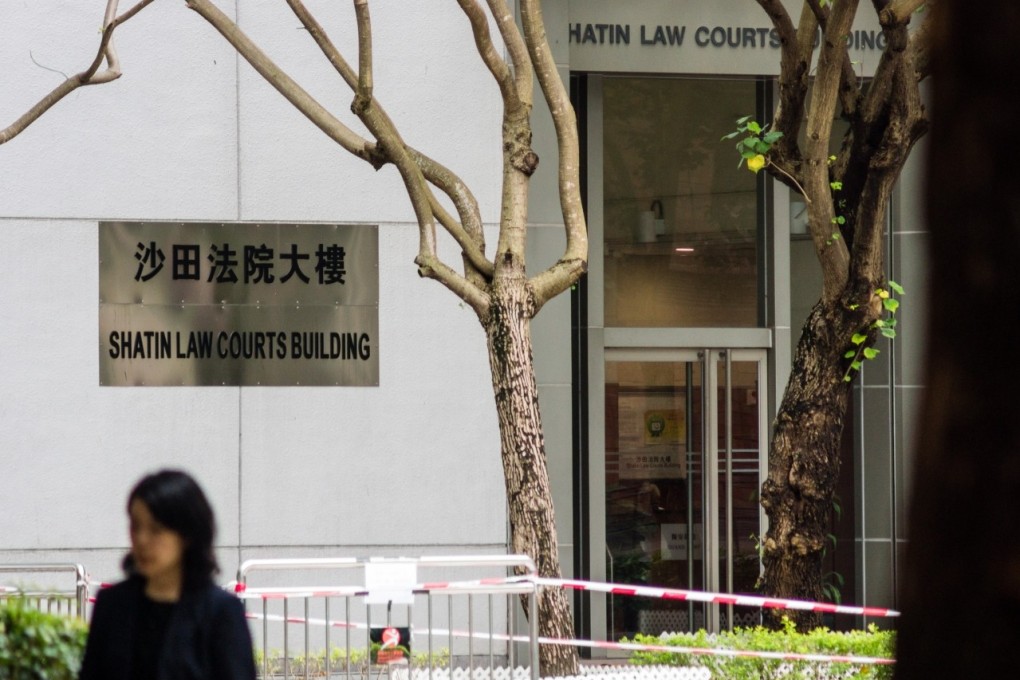Letters | To make Hong Kong’s court system truly open and accessible, cut the convoluted legal jargon
- Readers discuss wordy court judgments that are impossible to translate, the danger of a growing wild pig population, and noise pollution of home renovations during work-from-home arrangements

What many fail to recognise is how convoluted the court’s English judgments are. Indeed, a large part of why judgments are primarily in English is because they are impossible to translate.
So while it is true that Hong Kong’s courts can boost judicial transparency by translating its English judgments into Chinese, this is not the root of the issue. The true cause of the problem is the way cases are handled, and how judgments are crafted. To-the-point and direct judgments would allow citizens to hold the judiciary accountable.
Judgments can be accessed from the judiciary’s website, but it is not commonplace for the average citizen to do so. When judgments span anywhere from 10 to 40 pages and are littered with complicated legal jargon, it is no wonder that people don’t bother.